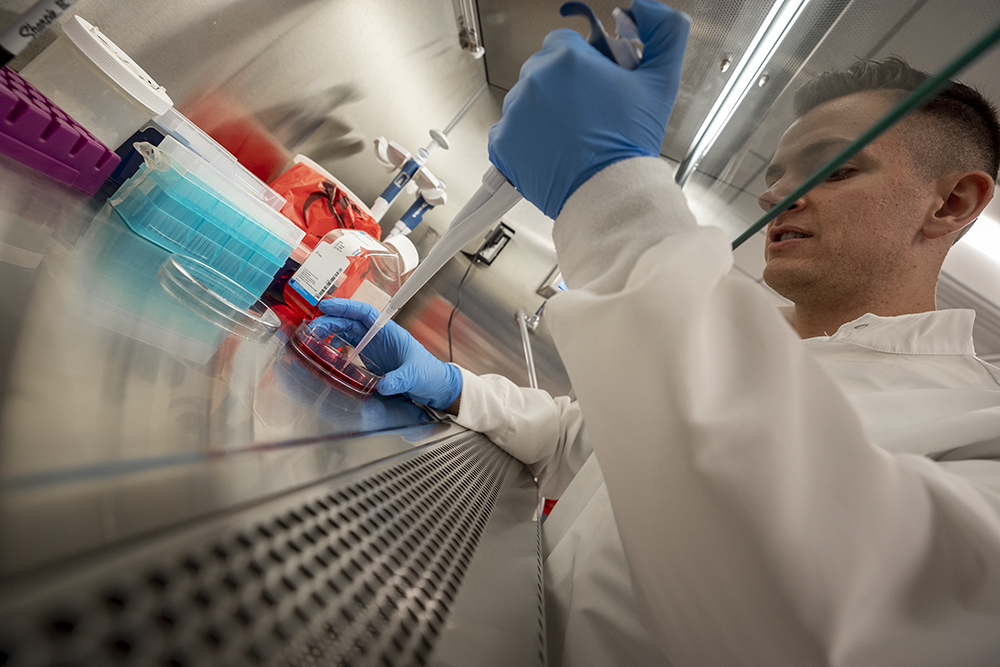Molecular evolution and adaptation are central themes in the field of biochemistry, offering insights into the ways in which organisms have evolved over time to thrive in their respective environments. Biochemistry research programs play a crucial role in unraveling the molecular mechanisms behind these processes. In this article, we will explore how these programs are instrumental in understanding molecular evolution and adaptation. Molecular evolution involves the study of genetic changes at the molecular level that occur over long periods of time, resulting in the diversity of life on Earth. It encompasses various processes, such as mutations, genetic recombination, and natural selection. Biochemistry research programs investigate the underlying biochemical and genetic changes that lead to adaptations in organisms. Researchers analyze how mutations in DNA sequences accumulate and spread throughout populations, leading to genetic diversity. By examining the DNA of different species, scientists can identify the genetic changes responsible for specific adaptations, such as the development of antibiotic resistance in bacteria or the evolution of novel traits in plants.

Furthermore, biochemistry research programs help elucidate the role of proteins in adaptation. Proteins are the workhorses of cells, and their functions are tightly linked to an organism’s fitness. By studying the changes in protein sequences and structures, researchers can uncover the molecular basis of adaptations. For example, investigations into enzymes involved in digestion or photosynthesis reveal how these proteins have evolved to optimize their respective functions in different organisms. Another aspect of molecular evolution and adaptation research is the study of gene regulation. Genes can be switched on or off in response to environmental cues, and this regulation plays a crucial role in an organism’s ability to adapt to changing conditions. Biochemists investigate the mechanisms behind gene expression and the molecular signals that trigger adaptive responses. This knowledge is valuable not only for understanding evolution but also for applications in biotechnology and medicine. In addition to understanding the mechanisms of adaptation, biochemistry research programs explore the practical applications of this knowledge. For instance, the study of molecular evolution can inform the development of more effective antibiotics by revealing the mechanisms bacteria use to develop resistance.
This research can also guide efforts to engineer crops with enhanced resistance to pests, improved nutritional content, or increased tolerance to environmental stressors. Furthermore, molecular evolution studies can shed light on the evolution of diseases. By examining the genetic changes that enable pathogens to evade the host’s immune system, scientists can develop better strategies for preventing and treating infectious diseases and go here. This knowledge is particularly relevant in the context of emerging infectious diseases and the evolution of antibiotic-resistant strains. Biochemistry research programs leverage a variety of tools and techniques to uncover the secrets of molecular evolution and adaptation. These include advanced DNA sequencing technologies, protein structure analysis, and computational modeling. Researchers also draw on a broad range of biological samples, from ancient DNA extracted from fossils to contemporary specimens from diverse ecosystems. Biochemistry research programs serve as the driving force behind these discoveries, using a combination of experimental and computational approaches to unlock the secrets of molecular evolution. The knowledge gained from these investigations not only deepens our understanding of the natural world but also holds great promise for applications in medicine, agriculture, and biotechnology.
